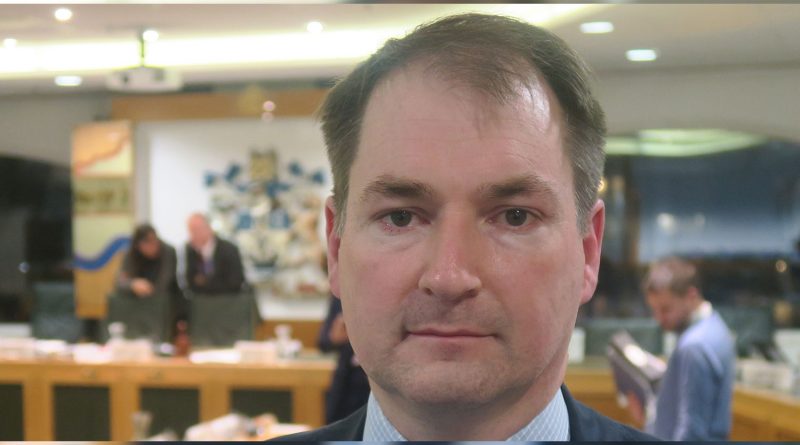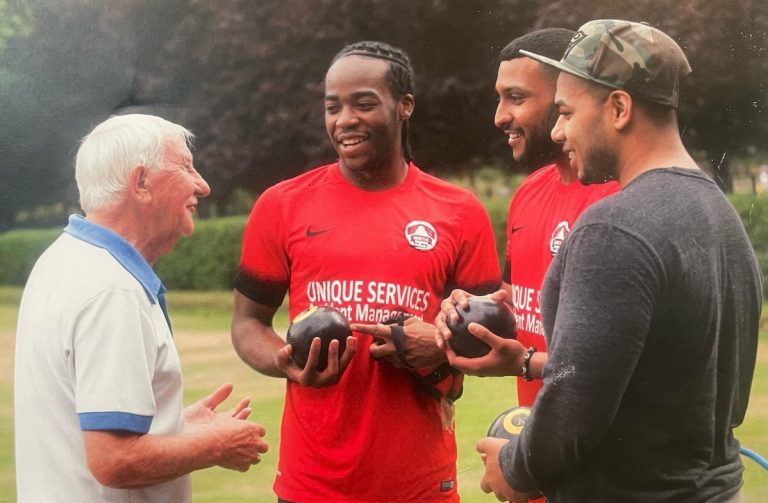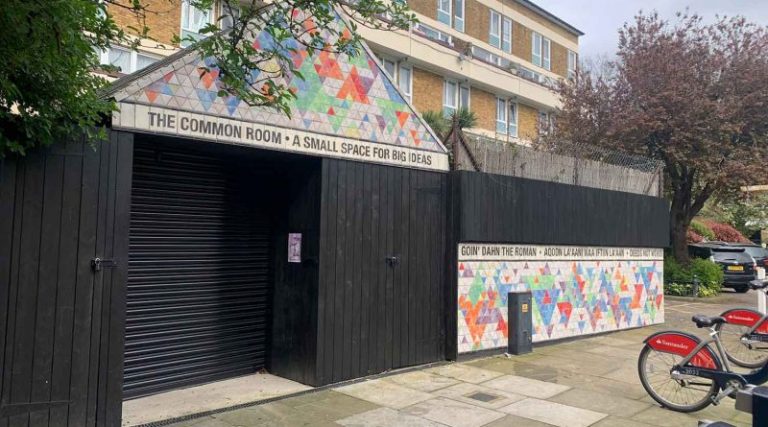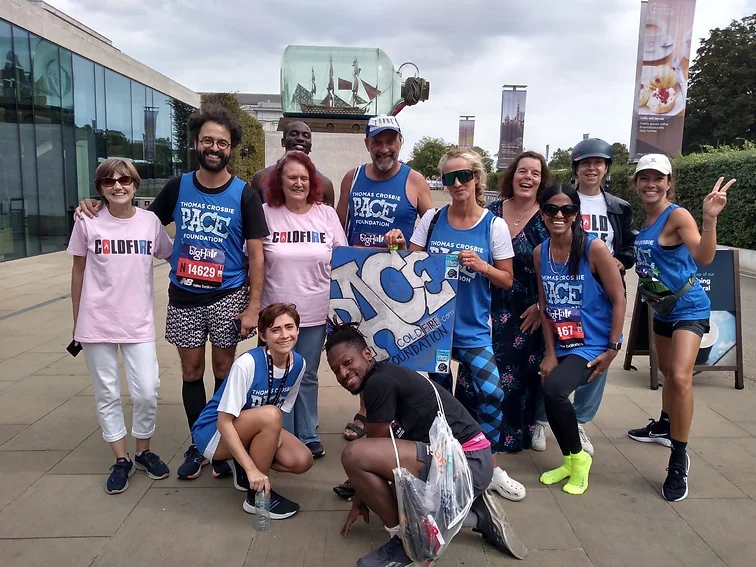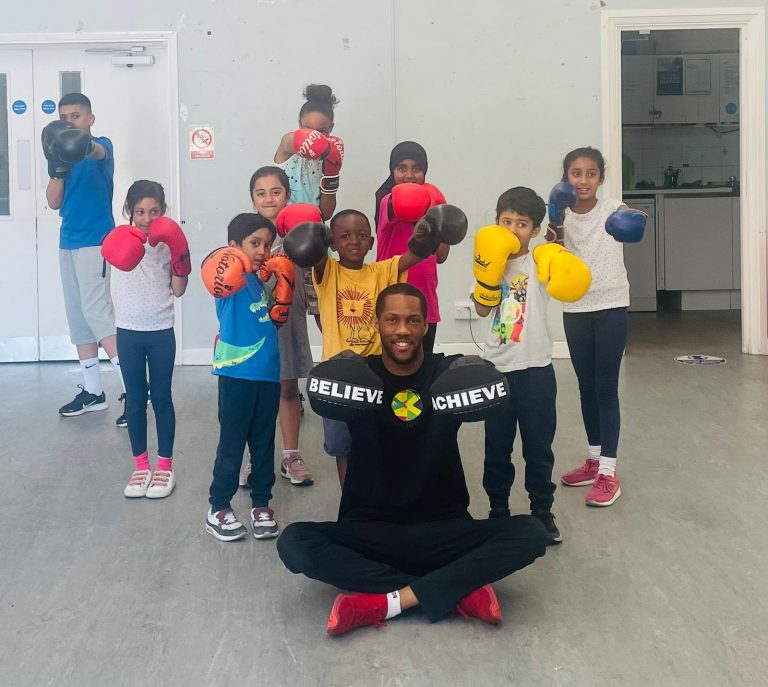May 2022 local elections: hear from mayoral candidate Andrew Wood
In the run up to the May elections, we interviewed Andrew Wood, Independent candidate for Tower Hamlets Mayor 2022
The local elections are fast approaching. On Thursday 5 May, you can head to your local voting station and have your say on who will be Mayor of Tower Hamlets. The last time such elections took place was in 2018.
In the run up to this year’s elections, we spoke to five of the main mayoral candidates to ask them what they would do if elected as Mayor of Tower Hamlets.
Below, we speak to Andrew Wood, Independent candidate for Tower Hamlets Mayor 2022.
Can you tell readers about yourself and how you would describe your politics?
I’ve been a councillor in Tower Hamlets since 2014, and I’ve been an opposition councillor throughout that whole period of time. I used to be a member of the Conservative Party, but I quit in February 2020 because I had a number of issues with the party, especially the Westferry Printworks planning decision, which is the main reason why I left. My politics have mainly been about opposition, because that’s the job that residents have paid me to do. So I’ve opposed Lutfur Rahman and now John Biggs because we operate in an executive mayor model of government, and a lot of people don’t understand what the role of councillors is when you have an executive mayor. It’s our job to help residents and to ask questions, but mainly to scrutinise the actions of the mayor and his administration. So my role for almost eight years now has been to look at what the council does well or not well, and provide an opposition to what is a very powerful position. And if you look at my Twitter or Facebook, you can see all of the things I’ve raised in the past. But now there’s an opportunity for me to stand for mayor of Tower Hamlets as well, to hopefully fix many of the problems that I see that have not been fixed over a number of years, and to talk about ideas and solutions to some of those problems going forward, because I think I’m slightly unusual in that I talk a lot to people, mainly on social media because it it’s so much easier and also because in my work, there’s a lot of doors I can’t physically knock on. So I do spend probably too much time on social media, but I have these very rich conversations with people about problems and solutions, and I’m trying to translate all of that into a mayoral manifesto, which is what I’m doing now. And then we’ll see. Lots of people have asked me to run as well, so we’ll see what happens on the 5th of May.
What do you think are people’s main concerns this year? We’ve just come out of the pandemic, but there are also long standing issues. What are your initial impressions from conversations that you have on social media and also as well in real life? And how would you address them?
There are certain things that I think are more important than others. But I think an issue that people put at the top of the list is housing. And actually that covers a multitude of issues. Affordability of housing is an issue. Building quality is a particularly big issue in my area because we’ve got lots of new builds and odds are they’ve got fire safety issues or other problems like leaks or moulds or or that, you know, accumulating heating charges are incredibly expensive or service charges. Then there’s the whole social housing waiting list – people can’t afford private housing. You know, how do we build more affordable new homes for people? So that is one of the main issues.
The second main issue is anti-social behaviour and crime. But I think for most people, it’s actually more anti-social behaviour because during lockdown Tower Hamlets had the highest numbers of speeding. So this antisocial behaviour and crime-related problems are a big topical issue.
And in these elections liveable streets is the key issue and all the road closures that John Biggs has introduced over the last couple of years. And I think that’s one of the reasons why Labour lost the Weavers ward by-election. So I think that will be a particularly topical issue.
I’m just in the middle of finishing my second draft of my transport manifesto. So what I’m doing is I’m putting out draft ideas onto social media, and people have come back to me with suggestions and comments and I’m just in the middle of my second draft. So to give you a good example, somebody called me this morning complaining about really noisy vehicles and about how lots of vehicles have their exhaust kind of supercharged. And he had some ideas on how to fix that, some of which the mayor can’t fix because it might be an issue about MOT tests, which we have no responsibility for. But there are things that could be done. So one of the things I would love to do is a public space protection order for vehicles being used for late night parties or tunnel running or noise. So I’ve just tweaked my manifesto to reflect some of the very good points that the gentleman called me about earlier. It’s about having these open conversations with people, and then if people come up with better ideas then I’ll put them in.
Let’s go back to affordable housing specifically and how you would address property development and planning issues like Westferry as mayor
So in terms of affordable housing, the first thing I would do is not sell sites that we own. So, the Council are currently proposing to sell the commercial red car park scheme because they don’t think they can develop it. But they think a private developer can do it, which I think is a codswallop. So that’s the first thing I would actually build on sites that we already own because that would bring more affordable housing because A) you don’t have to pay for the price of land and B) you don’t have to generate a profit. And that might require, in some cases, to do joint ventures with housing associations.
The second issue is that what is really unfair is the Mayor of London has given us the highest housing targets to deliver in London, but he’s given us one of the lowest shares of the affordable housing grants. So he allocates money to different local authorities and housing associations to help subsidise delivery of new homes. And we get way less than our fair share.
I think the third thing would be the development of temporary housing. We have lots in Lewisham where I spend my time because my sister lives there. There’s some really good – this sounds terrible but – ‘portacabin housing,’ and actually when you see it in reality, it actually looks quite good. So it’s like temporary housing on temporary sites. So for example, in Lewisham, they built on a swimming pool that they demolished. They didn’t know what to do with the land. But on that site, there’s been temporary housing for years now. So there are a lot of sites in Tower Hamlets where we don’t know what we want to do in the future where we could put in some modular temporary housing. It’s good quality. I’ve seen some of this stuff. I think people would be quite happy to live in those properties, and it would certainly be better quality than living in a kind of bed and breakfast outside of Tower Hamlets somewhere, so that would be more fit for temporary housing.
Those solutions don’t really address how people could get from that to owning a house within Tower Hamlets. How can people move on from a portacabin or temporary housing if they can’t save enough to own their first home?
A shared ownership has some issues, not least it’s not particularly cheap and it’s also leasehold. So when the council builds on its own sites, it would also be able to deliver shared ownership as well. But in this case, I’d want to make it common hold, so the council can actually deliver homes for sale as well. And what the current council have been looking at is what are called housing delivery vehicles that can develop property and land. And those would include shared ownership properties as well. One of the things I also want to do is explore building some affordable family sized homes on land that we own because there’s a particular problem that there’s not enough land, not enough properties for folk, you know, three, four or five beds, especially in the private market. Because if you want to buy a three bed property new build, you’re talking about £1.2 million. And one of the things I want to do, and it’s been done in other boroughs, is work with a developer to come up with a model to build family sized homes either for rent or for purchase.
The other thing I particularly want to do on the rental side is create an incentive for teachers and nurses to rent properties in Tower Hamlets. We have a lot of NHS workers and teachers who can’t afford to live in Tower Hamlets and we have a particular problem with teacher recruitment in Tower Hamlets because of health housing affordability. But the reality is the problem that we have in Tower Hamlets is the way the model works is the private homes are very expensive, extortionately expensive.
One problem is that building tall developments using current technology is actually really expensive. So when you build a 75 storey tower that is not a cheap building to build. There was a building collapse in Bow where a lady was killed a couple of years ago, and that building was actually one of the first where they were trying to come up with modular ways of building to try and reduce the cost of construction. So the idea – and this is very popular elsewhere in the country – is that you use what’s called offsite construction. So you build units in the factory, then you bring them on the site and you slot them all together a bit like Lego. And that reduces the price of construction because until you reduce the price of the construction, you can’t have cheap homes in Tower Hamlets unless you have massive subsidies either from government or from the private sector. So it’s really on this technology side and down to the cost of construction to make stuff more affordable.
And the last point, and this will be an unpopular one as it is part of the problem is the current plan. So, the current local plan deliberately pushes most development in Tower Hamlets to Aldgate, the Isle of Dogs and the Poplar riverside areas. So there’s a very explicit target. So where they don’t want development to happen is in the big central part of Tower Hamlets, including areas like Mile End, which actually have very good transport connections so the premise is a deliberate policy of having really tall buildings in small parts of Tower Hamlets, which are expensive to build.
The taller blocks that were built in the 1960s and 1970s were almost equally spread across Tower Hamlets. So if you want cheap housing, what you’ll have to do is build more towers. I’m not saying 75 storey, but 30 storey across more of Tower Hamlets, because if you just focus development in small parts of Tower Hamlets and build high, then as I said, they’re expensive to build and therefore you can’t get cheap homes.
How are you going to carry on talking to people and responding to individual feedback on social media if you are elected as mayor? What specifically do you mean when you say there is a problem with ‘culture and structure’ within Tower Hamlets Council, and how would you change that? And how would your policies and your way of working now continue when in power?
I believe power corrupts and absolute power corrupts absolutely and I’m very, very conscious of that. So I’ll answer the second question first. I would hope that over eight years, because I have had these kind of live conversations with people on a daily basis on Twitter and Facebook and Nextdoor and also in person. And I will continue that as mayor because that’s one of my criticisms of local government, is that I don’t think it works very well. And I think I’m the only candidate who really wants to break the way the system works. And if I were elected, that would be proof that actually people do want local politics to be done in a very different way. If my numbers are high on election day then that might suggest that the people are unhappy with the way local government engagement works because it’s very noticeable that a lot of local councillors just just don’t engage. There are some very good council officers, but the culture of the council is still very secretive. And the other main problem is a structural problem that it is a very silo based organisation and the only two people who sit in the centre that can see everything is the current Mayor John Biggs and Will Tuckley, the chief executive officer. But it’s impossible for just two people to oversee the whole of the organisation, so you keep running into these problems where it just needs a bit of coordination. So one of the things I really want to do is break down these internal silos and get people to work together across departments.
You say very openly on your website that ‘you probably won’t win, but you want to improve the race equality debate in local politics as well.’ And you talk through some of the advantages of being an independent. Are you a little bit of a loose cannon? Is that going to stand to your advantage or disadvantage, do you think?
Yes, I’m very deliberately trying to kind of do things differently because I think people are unhappy with the way that engagement happens. And what I’m also saying is that one of the reasons to vote for me is it’s a little bit like a protest vote that you’re unhappy with the two main choices, which is John Biggs and Lutfur Rahman, who both have major issues, Lutfur Rahman because of his past, and John Biggs because I don’t think the council have done a good job over the last couple of years.
I think a lot of politicians think that elections in Tower Hamlets are kind of won or lost in places like Whitechapel, but not on the Isle of Dogs. And I think one of the reasons why places like the Isle of Dogs and Poplar, and E14 generally get a poor deal out of the council – is the assumption that the elections are not won or lost in this area and therefore they’re kind of written off we’re not that important and therefore we just don’t get much of attention – even though we’re the main growth area in London.
And because I’m best known in the E14 area, because of that Facebook group and the work I’ve done locally. So I think people will assume that if I get lots of votes, disproportionately they will come from the E14 area, and I think that would send a very good message to other politicians that you can’t just keep writing off the the E14 area electorally, that actually you need to start focusing on that area, especially because of the population growth. And that might drive better decisions and more resources into the Isle of Dogs and the E14 area.
Can you kind of wrap up with a driving message for the election?
Yes. Firstly as a kind general wrap up, local government could do a much better job for you in terms of improving your quality of life and reducing your costs, and you need to have higher expectations of Tower Hamlets Council and what it can do for you. A vote for me will be a vote for change and doing a better job.
The second point I’ll make, which is an important point, is that there are two different votes. There’s a vote for an elected mayor of Tower Hamlets, which is an executive Mayor – a person with all of the power and responsibility. But you’ve also got a separate ballot paper for local councillors, and you’ll hear a lot of people say that you have to vote straight Aspire or straight labour, and the implication is that you need to vote for Labour councillors to get a Labour mayor, which is just complete rubbish. What we desperately need in Tower Hamlets is more opposition Councillors to hold the Mayor to account and to ask them the tough questions that I have been attempting to do for a number of years, and Rabina Khan as well as the Liberal Democrats. So people need to have a think about their councillor vote and whether or not they want any democratic opposition in the council. So if you’re voting for John Biggs as mayor, then you probably in your councillor vote need to be voting for people who are in opposition, you know, Conservative, Liberal Democrats, Green, and Aspire as well in some places to hold the mayor to account.
Hear from other Mayoral candidates in Tower Hamlets:
Read our interview with Conservative Mayoral Candidate Elliot Weaver.
Read our interview with Labour Mayoral Candidate John Biggs.
Read our interview with Trade Unionist and Social Coalition Mayoral Candidate Hugo Pierre.
Read our interview with Liberal Democrat Mayoral Candidate Rabina Khan.

